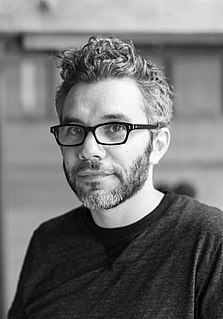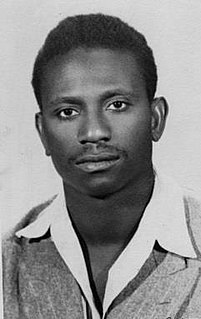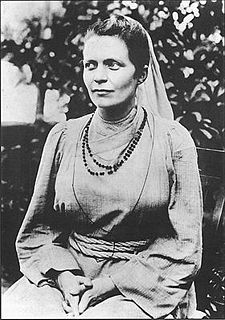A Quote by John Henrik Clarke
It is unfortunate that so much of the history of Africa has been written by conquerors, foreigners, missionaries and adventurers. The Egyptians left the best record of their history written by local writers.
Quote Topics
Related Quotes
We must create a history of India in living terms. Up to the present that history, as written by the English, practically begins with Warren Hastings, and crams in certain unavoidable preliminaries, which cover a few thousands of years...The history of India has yet to be written for the first time. It has to be humanized, emotionalized, made the trumpet-voice and evangel of the race that inhabit India.
White America has seen to it that Black history has been suppressed in schools and in American history books. The bravery of hundreds of our ancestors who took part in slave rebellions has been lost in the mists of time, since plantation owners did their best to prevent any written accounts of uprisings.
The flag of the United States has not been created by rhetorical sentences in declarations of independence and in bills of rights. It has been created by the experience of a great people, and nothing is written upon it that has not been written by their life. It is the embodiment, not of a sentiment, but of a history.
I look at the natural geological record as a history of the world imperfectly kept and written in a changing dialect; of this history we possess the last volume alone, relating only to two or three countries. Of this volume, only here and there a short chapter has been preserved; and of each page, only here and there a few lines.
Whole great chunks of written history are of little value to the psychohistorian, while other vast areas which have been much neglected by historians - childhood history, content analysis of historical imagery, and so on - suddenly expand from the periphery to the center of the psychohistorian's conceptual world, simply because his or her own new questions require material nowhere to be found in history books.


































